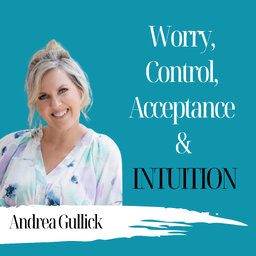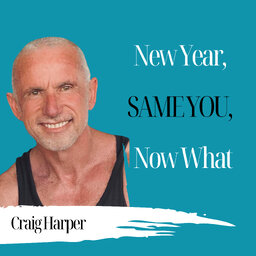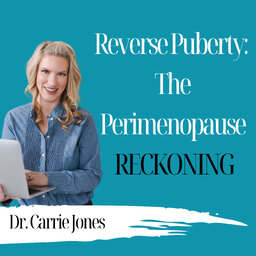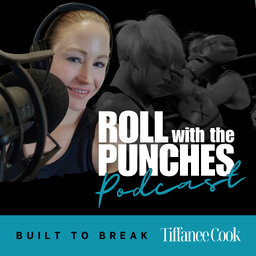Gender Inequality F*cks Us ALL Over | Thomas Hoffman - 863
Thomas Hoffman is not just a brilliant mate of mine, he's an absolute legend in the fields of inclusion, diversity, and culture reform. Thomas takes us on a deep dive into the ever-evolving conversation about gender identity, biological sex, and the societal systems that shape (and often constrain) our understanding of these topics.
We discuss the nuances of biological sex, gender identity, and expression, unraveling how each differs yet overlaps, and why our binary frameworks fail to capture the beautiful complexity of human experience.
Thomas shares fascinating insights from his work in gender equality and culture reform, addressing why inclusion is vital - not just for individuals but for societal growth. We touch on contentious topics, from gender in sport to workplace culture, exploring how systems and biases create barriers, and how they might be dismantled.
This episode isn’t about answers - it’s about questions. Questions that challenge stereotypes, open minds, and, most importantly, invite understanding and respect.
SPONSORED BY TESTART FAMILY LAWYERS
Website: testartfamilylawyers.com.au
THOMAS HOFFMAN
LinkedIn: LinkedIn.com/ThomasHoffman
Email: tyhoffman@gmail.com
TIFFANEE COOK
Linktree: linktr.ee/rollwiththepunches/
Website: tiffcook.com
LinkedIn: linkedin.com/in/tiffaneecook/
Facebook: facebook.com/rollwiththepunchespodcast/
Instagram: instagram.com/rollwiththepunches_podcast/
Instagram: instagram.com/tiffaneeandco
In 1 playlist(s)
Roll With The Punches
Aussie host Tiffanee Cook is an athlete, performance coach, speaker and self-proclaimed eternal stud…Social links
Follow podcast
Recent clips

Worry, Control, Acceptance & Intuition | Andrea Gullick - 981
56:13

New Year, Same You, Now What | Harps & Tiff - 980
49:00

Reverse Puberty: The Perimenopause Reckoning | Dr. Carrie Jones - 979
54:56
 Roll With The Punches
Roll With The Punches